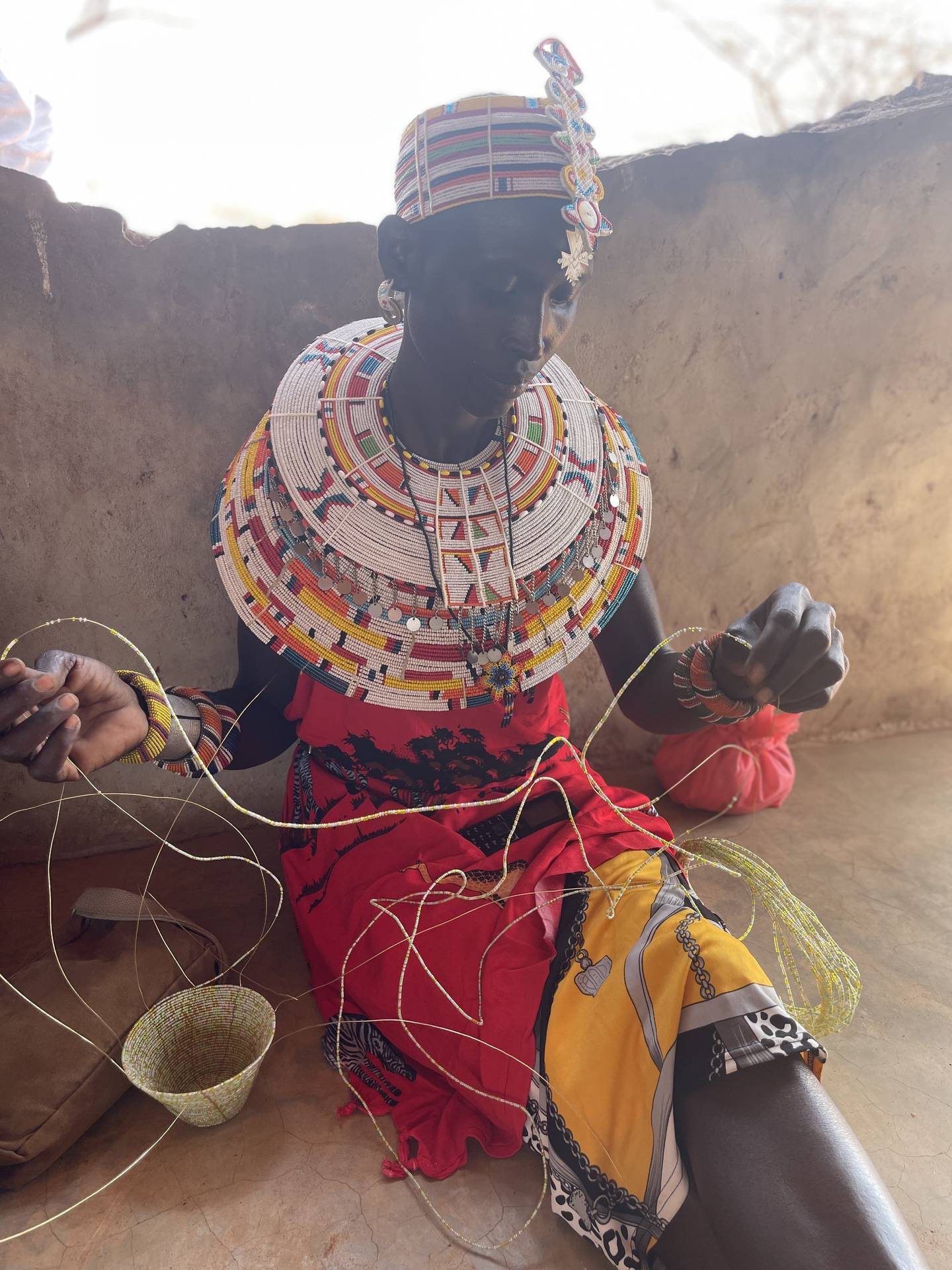
Powered By People, the Canadian wholesale marketplace that connects fashion, home goods and jewellery buyers in North America and Europe with small-batch producers in roughly 70 countries, has secured $13.6 million in new funding to scale its operations, expand its tech tools and deepen its relationship with African suppliers.
The “blended financing” was the result of an $8 million series A funding round, led by Altos Ventures with participation from existing seed investors Golden Ventures and Susa Ventures, and $5.6 million in philanthropic grants that have been earmarked for African producers. The grants were supplied in part by Transform, an initiative backed by Unilever, the UK’s Foreign, Commonwealth & Development Office, and the financial consultancy EY.
Powered By People launched in 2021 to help independent producers — including apparel and jewellery designers and artisans, coffee growers and ceramists who create small runs not exceeding 10,000 or so units a year — with financing, access to wholesale partnerships and back-office functions like bookkeeping and software tools, said co-founder and chief executive Ella Peinovich-Griffith.
In the past year, PBP logged a 500 percent increase in gross merchandise volume, or the total value of merchandise sold on its platform, the company said, as its retail partners like West Elm, Pottery Barn, Banana Republic, Indigo and Smithsonian look to keep up with heightening consumer demand for conscious wares, or products manufactured with limited environmental impact and transparent sourcing.
“The funding round is really evidence that these small-batch, values-led exclusive products that you get from these diverse sources from around the world are capable of really attracting that attention and boosting revenues,” Peinovich-Griffith said.
About 75 percent of the makers on the platform are women and 60 percent live in rural communities across countries in Africa, Asia, Eastern Europe and Central and South America.

Peinovich-Griffith, a jewellery designer, and her co-founders Hedvig Alexander and Alison Phillips, were all entrepreneurs who launched the platform out of their own frustrations with challenges like breaking into wholesale, navigating complicated financing agreements and paying for increasingly expensive marketing and digital ads.
Neither producers nor retailers pay to be on the platform but PBP charges a commission on sales and collects a fee on the financing it offers. The company’s financing is utilised by about 95 percent of its producers, according to Peinovich-Griffith.
Among its immediate plans for the new funding, PBP will add more tech capabilities to its digital tools that help artisans with invoicing and payroll, order management and banking, said Peinovich-Griffith.
“If we can continue to build on an operating system for our makers — that is actually the thing that we believe will serve their whole business,” she said.



